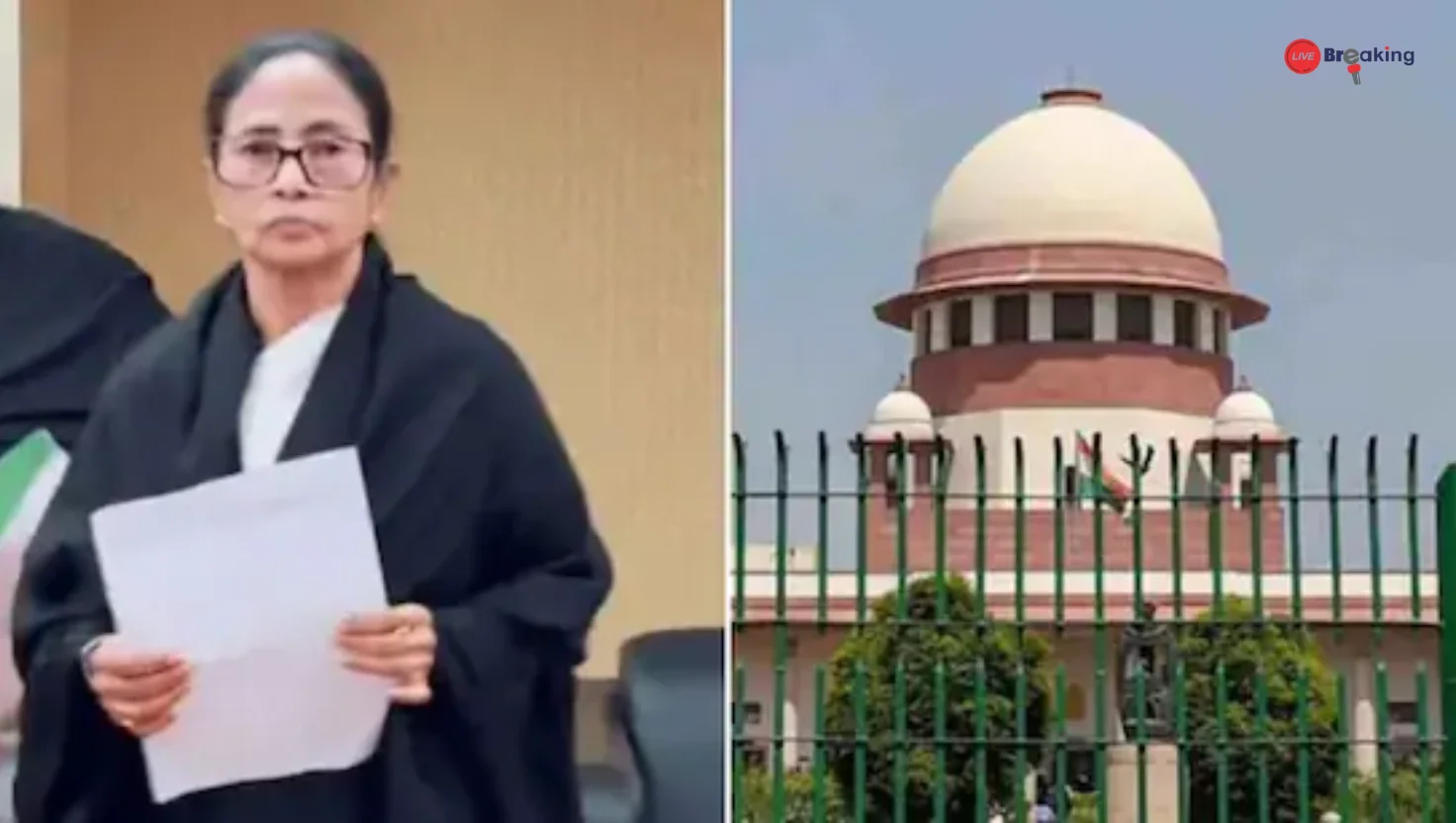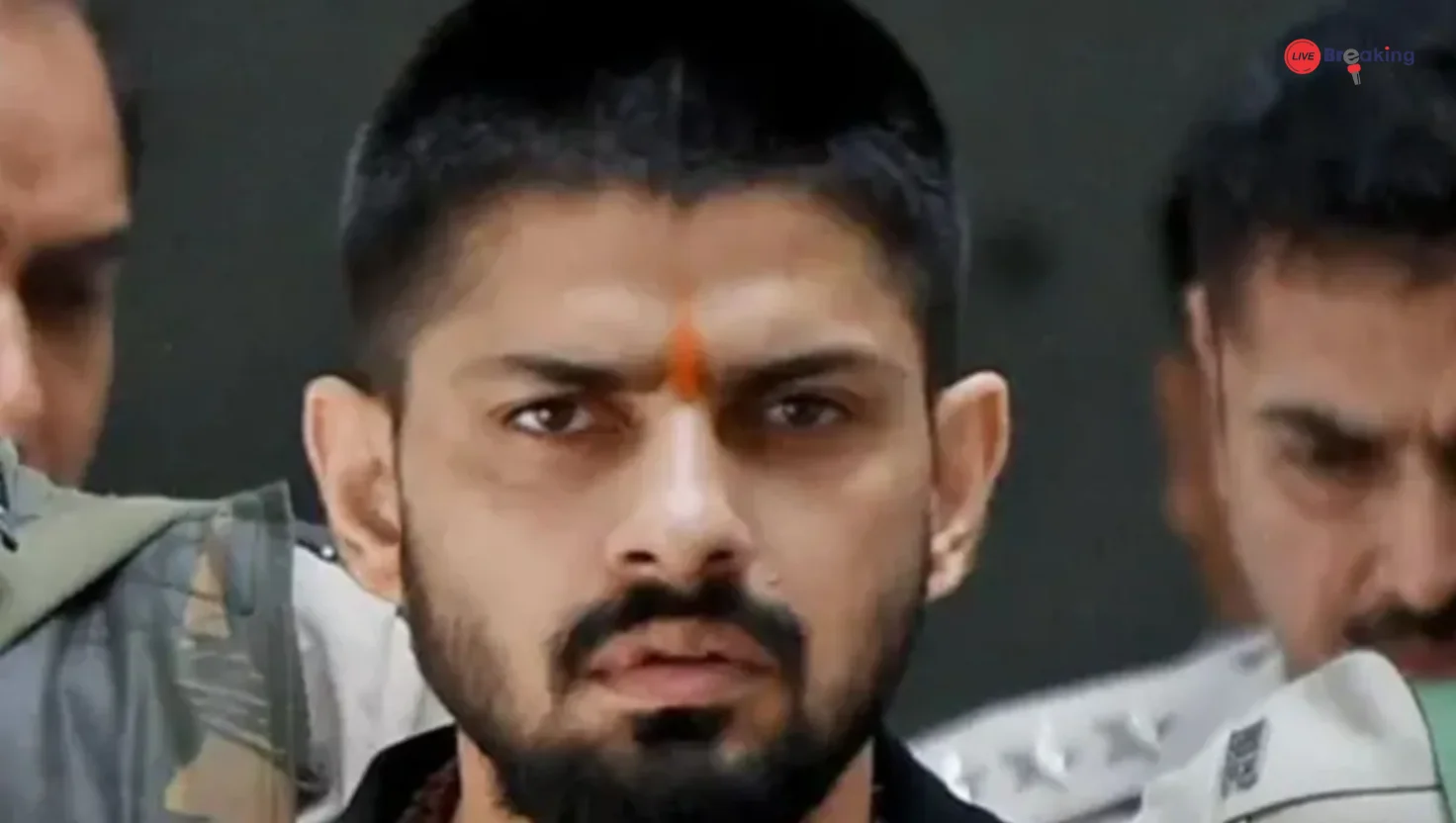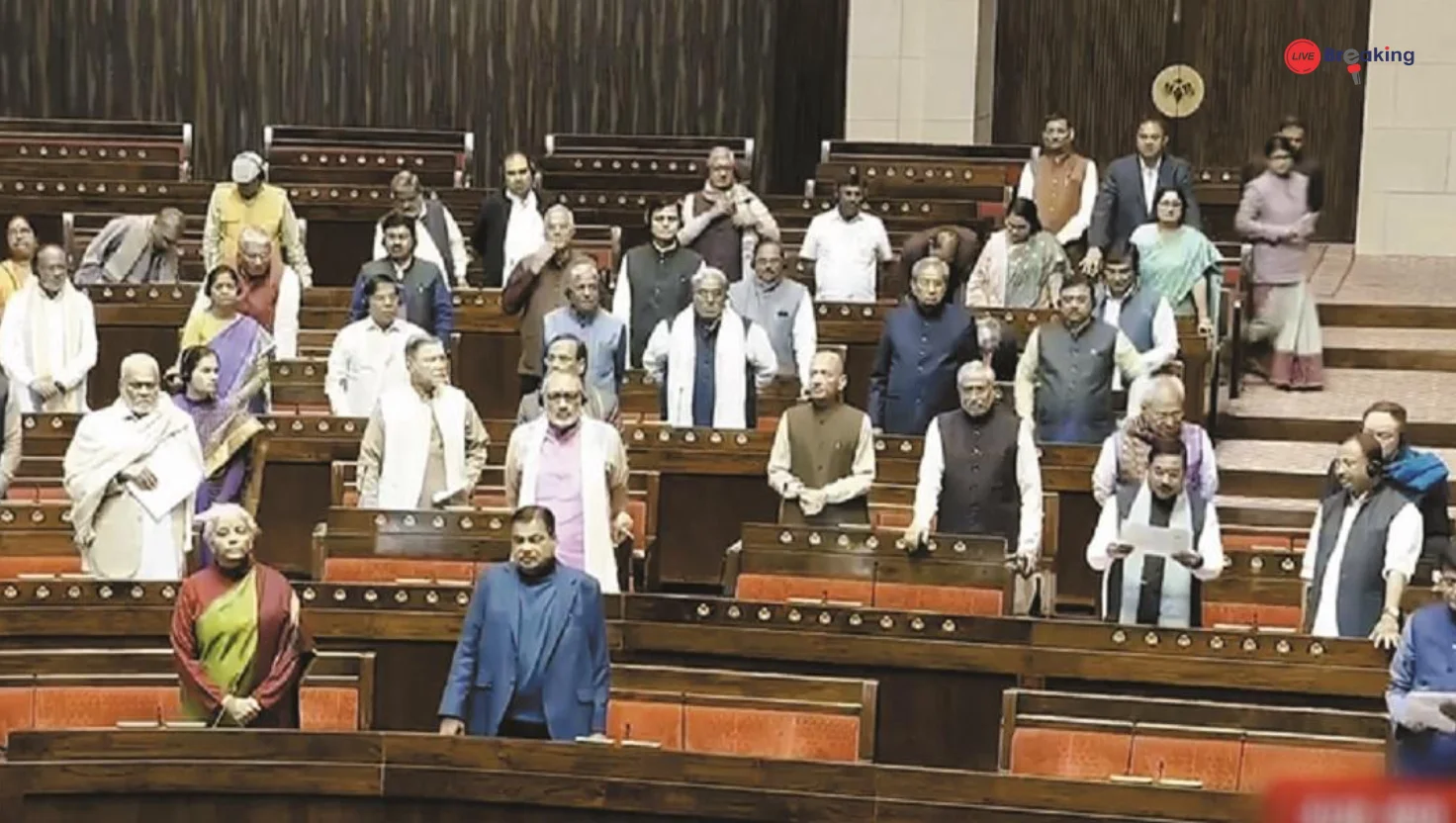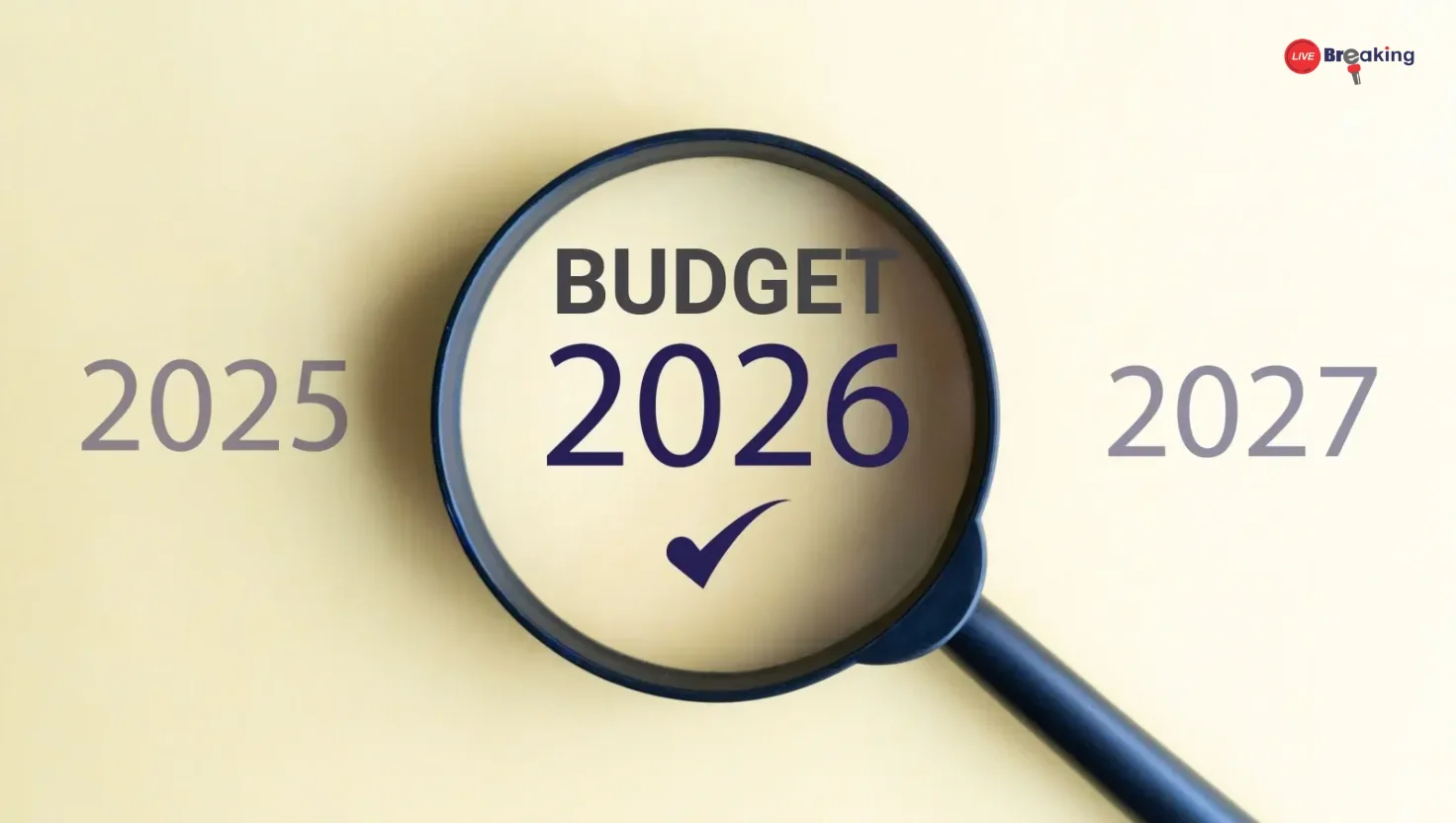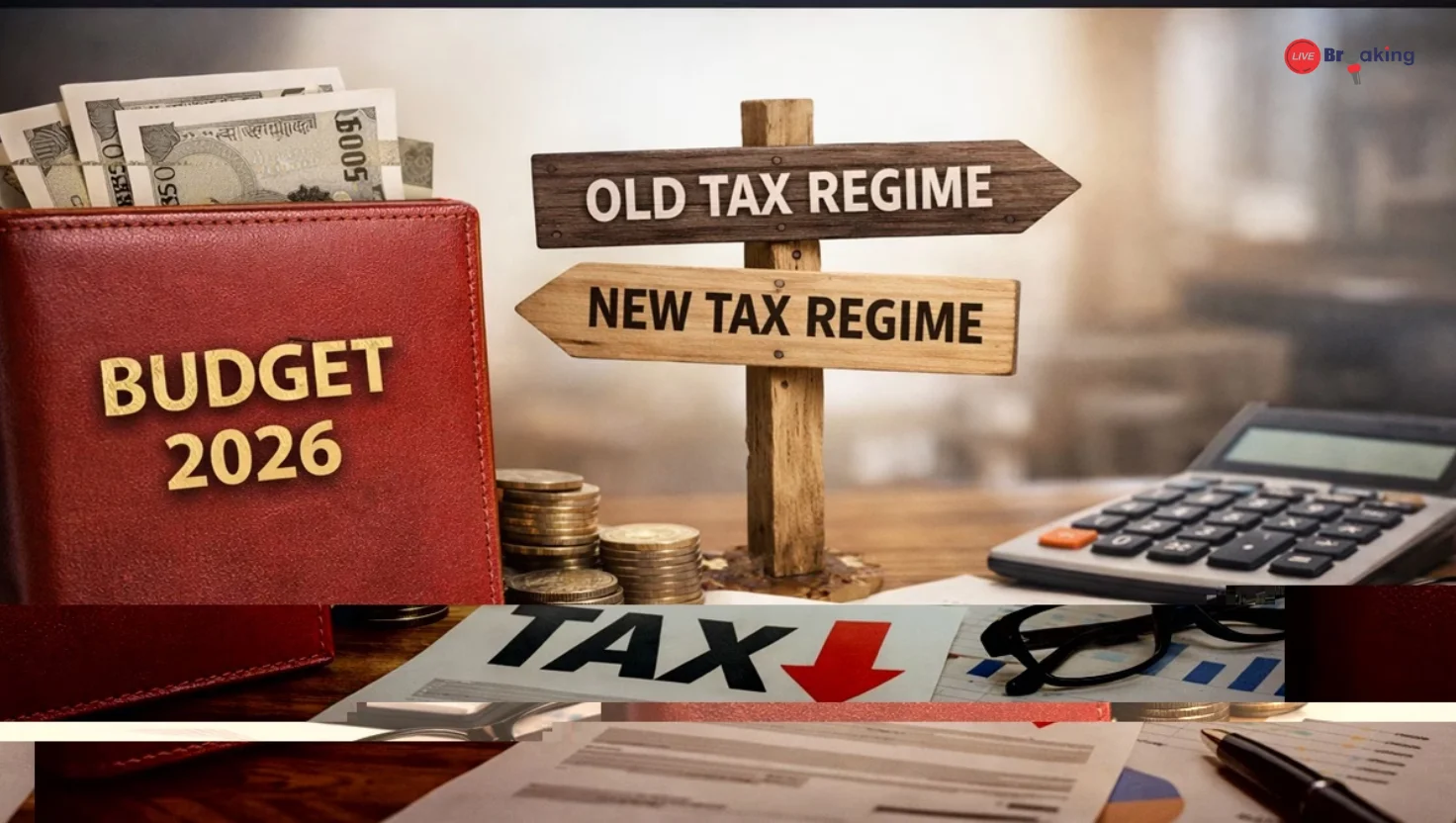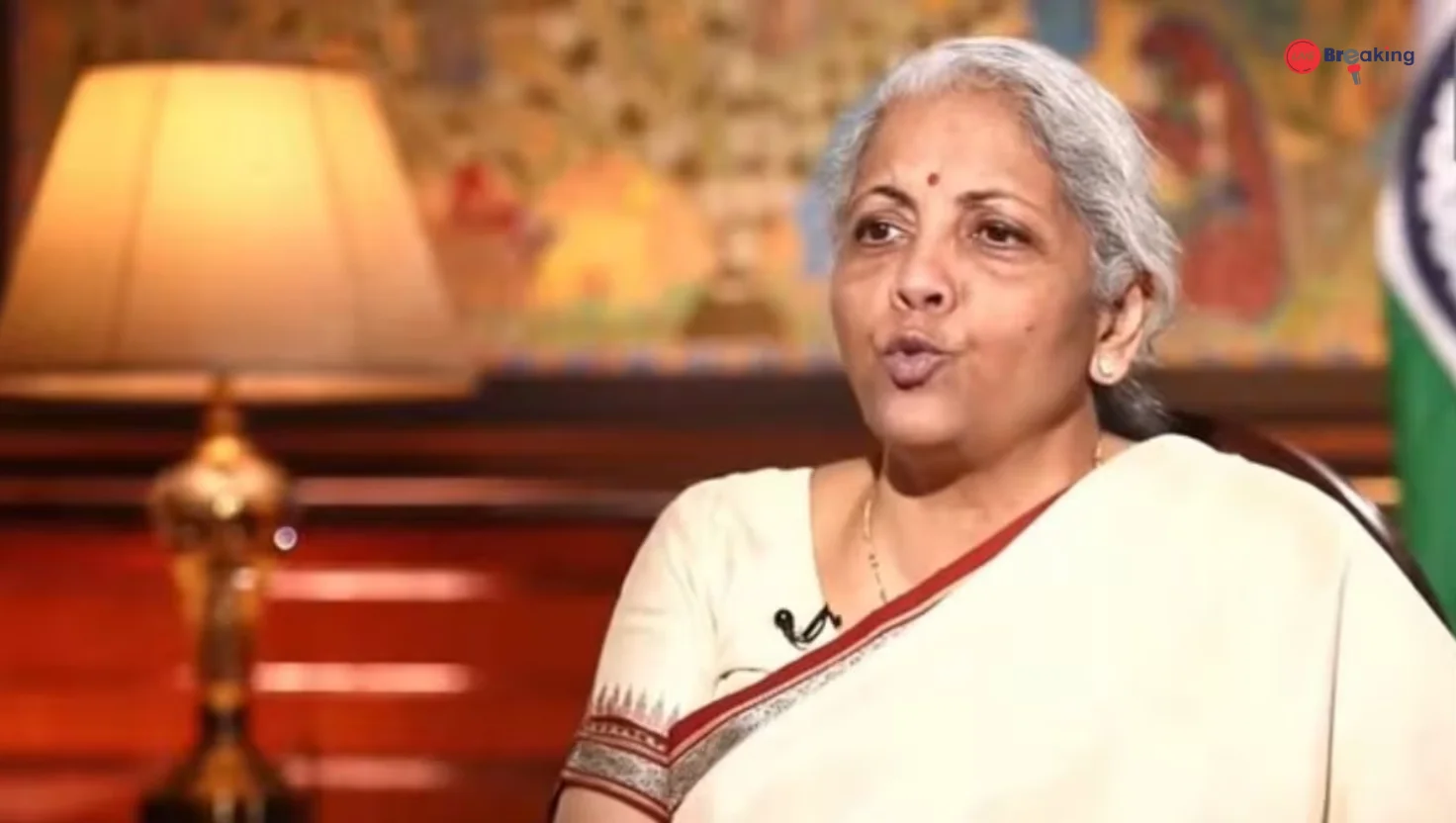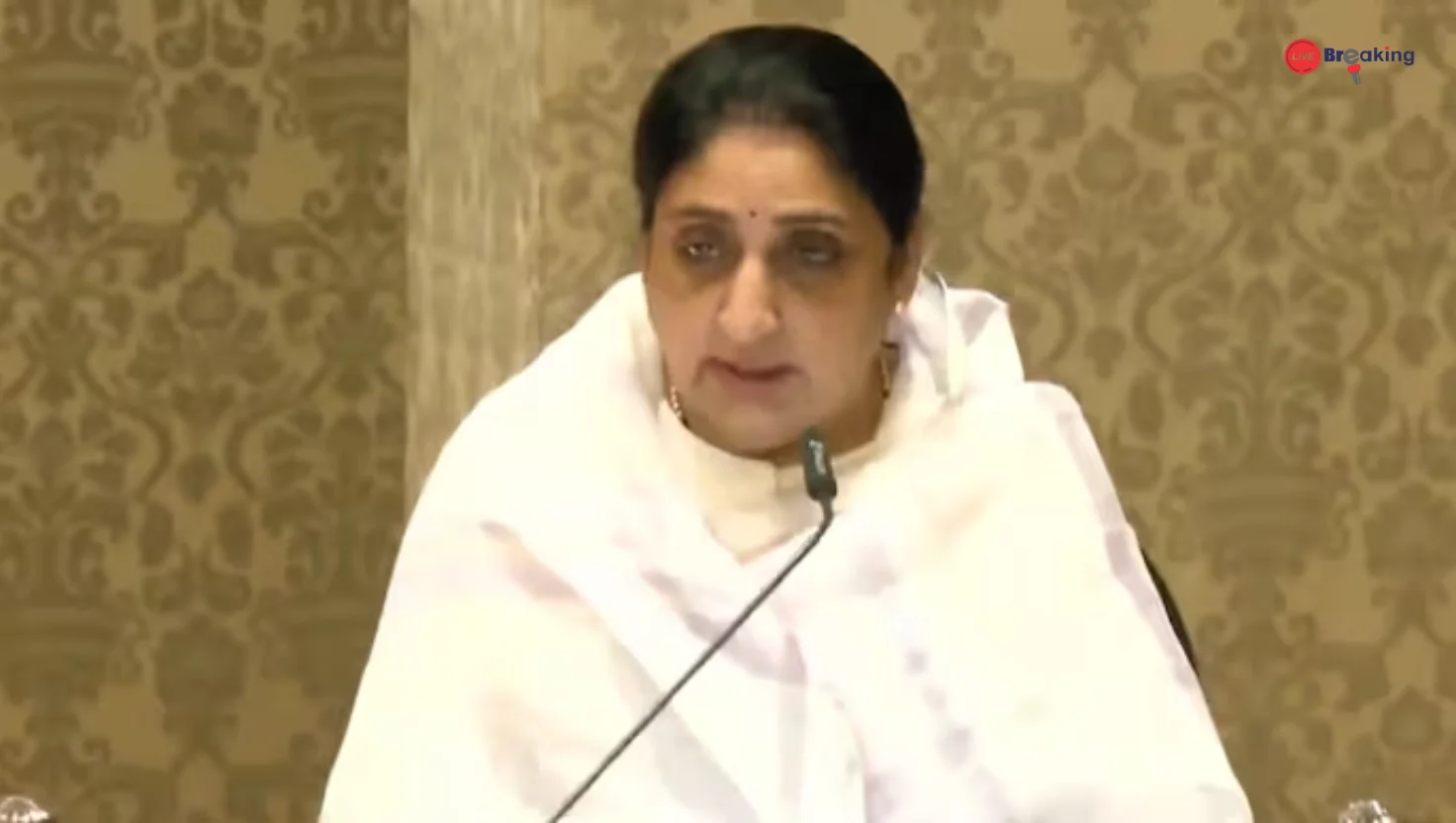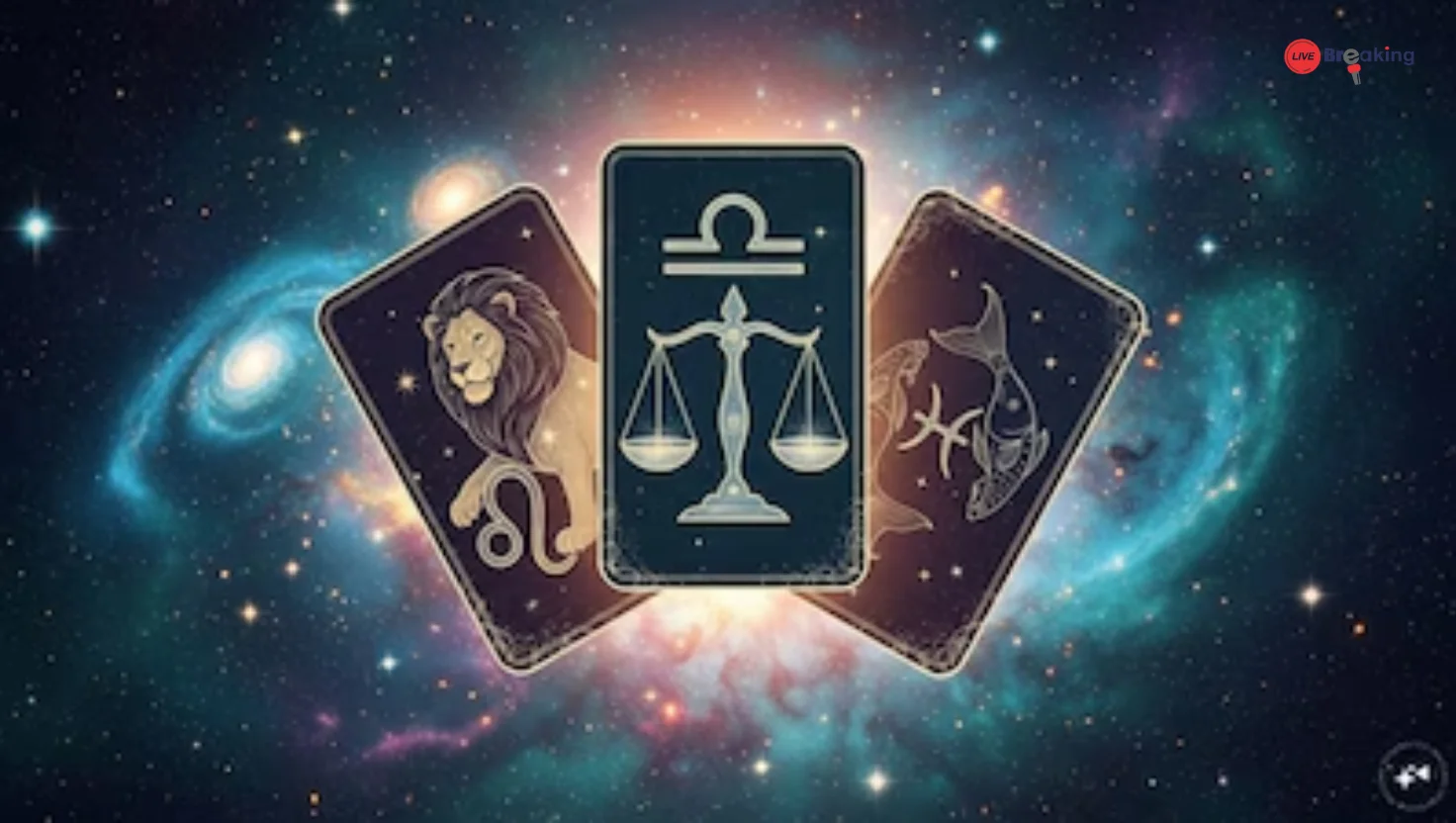Opposition Leaders, Including Rahul Gandhi, Detained Over Poll Body Protest
In a dramatic turn of events in New Delhi on Monday, Congress leader Rahul Gandhi and several senior opposition figures were detained by police during a protest march to the Election Commission of India (ECI) headquarters. The demonstration, organized by multiple opposition parties, was intended to highlight alleged irregularities in the electoral process and demand urgent reforms.
The March to the Poll Body
Leaders from the Congress, Trinamool Congress, DMK, Samajwadi Party, and other INDIA bloc allies gathered in the heart of the capital before marching towards the ECI office. Holding placards and raising slogans, they accused the ruling government of manipulating democratic institutions and compromising free and fair elections.
Rahul Gandhi, addressing reporters before the march began, alleged that the Election Commission was “failing in its constitutional duty” and that opposition parties had “no choice but to take to the streets.”
Police Intervention and Detentions
As the protestors reached the vicinity of the Election Commission building, police erected barricades and blocked access, citing prohibitory orders under Section 144 in the area. Tensions flared as protestors attempted to breach the barricades, prompting police to detain several leaders, including Rahul Gandhi, Mallikarjun Kharge, Derek O’Brien, and Akhilesh Yadav.
The detained leaders were taken to a temporary holding facility and released later in the evening.
Opposition Slams ‘Authoritarian Tactics’
Soon after his release, Rahul Gandhi hit out at the government, saying, “This is not just about the Election Commission; this is about saving Indian democracy. If the government thinks it can silence us with police action, it is mistaken.”
Mallikarjun Kharge, Congress President, accused the BJP of using state machinery to suppress dissent. Other opposition leaders echoed the sentiment, describing the police action as “unconstitutional” and “a direct assault on democratic rights.”
Government’s Response
Responding to the criticism, a senior government spokesperson said the opposition march had violated public order regulations and caused traffic disruptions in central Delhi. “Law and order must be maintained. Detentions were preventive, not punitive,” the spokesperson said.
Read more: Donald Trump: I Don’t Care If India and Russia Collapse Their ‘Dead Economies’ Together
Political Context
The protest comes at a time of heightened political tension ahead of the upcoming general elections. Opposition parties have intensified their campaign against the government, accusing it of undermining democratic institutions, curbing media freedom, and misusing investigative agencies against political rivals.
The Election Commission, meanwhile, has rejected allegations of bias, asserting that it operates independently and in accordance with the Constitution.
What Lies Ahead
With the elections on the horizon, Monday’s events are expected to further escalate political hostilities. Analysts believe that the detention of prominent leaders like Rahul Gandhi could energize the opposition’s narrative of government overreach, while the ruling party is likely to frame the protests as law-and-order violations.
Read more: Rahul Gandhi Alleges Election Fraud, EC Challenges Him to Prove It
For now, the streets of Delhi have witnessed yet another clash between the ruling establishment and its critics — a reminder that the battle for the country’s political future will be fought not just at the ballot box, but also in the court of public opinion.





